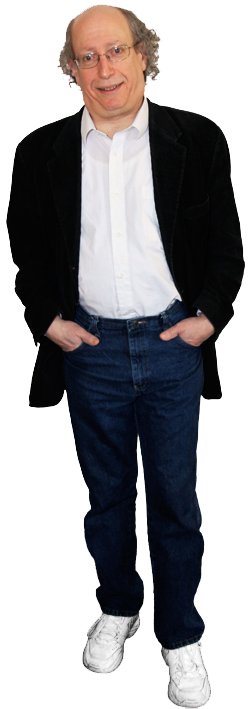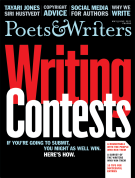Allan Kornblum, the founder of Coffee House Press, is stepping down after twenty-seven years at the helm of the Minneapolis-based publisher. In July he’ll hand off his position to associate publisher Chris Fischbach and take on the title of senior editor. Kornblum began his career producing a mimeographed magazine called Toothpaste and publishing letterpress books through Toothpaste Press, which eventually led him to establish Coffee House as a letterpress publishing operation in 1984. Ten years later he redirected its mission and built Coffee House into one of the most respected independent houses in the country, with a reputation for sustaining long-term relationships with its authors. On the eve of his transition, Kornblum spoke about responsible publishing, the future of the book, and returning to his roots.

What were your initial reasons for founding Coffee House
Press?
Coffee House grew out of Toothpaste Press. I had a vision of
becoming a poet, and I thought that starting a little mimeograph magazine was a
good way to begin. It was just one of the things that young writers did to
start their literary careers. But over the years, I became committed to being a
publisher and decided to become as good a publisher as I could possibly be.
Why are you changing positions, and what will this shift
mean for you?
We’ve turned, during the
years, to some of our authors and said, “We will be here for the rest of your
career. If you want to publish with us, your books will stay in print, and you
no longer have to look for a publisher—you’ve got one now.” If I were to
ignore my health and my age and just say, “I’m going to keep running the press
until I drop,” I could drop and the press
might not be ready. Our authors would have to go looking for a new publisher,
and the books would go out of print. And that’s not responsible publishing. I
think that other publishers who have reached a high level of achievement, in
terms of the number of authors they represent, should also take steps to assure
that their presses will continue. It’s the right thing to do for our authors. I
also believe that sometimes founders are not the best people to take an
organization into the future. As a founder who started in the hippie era, I’ve
taken Coffee House as far as I can take it. It’s time for a new generation of
leadership to take the next step forward.
Do you have thoughts about how it will grow?
The press will stay committed to being a literary
publisher—to publishing writers who are exploring all the various aspects
of the contemporary American experience. This is our first year doing e-books,
and Chris [Fischbach] has been working closely with BookMobile in the creation
of a new app for the iPad, which will allow poetry to retain the line breaks
that are part of what a poem looks like. Until that is perfected, we will not
release any of our poetry titles in e-book format.
Do you think that there
will always be room for this artisanal approach to publishing?
When film came along, everyone was predicting the death of
theater. Theater didn’t die, but it did get smaller. And it got better. Now
theater, film, and television all coexist. I think in the future you’re going
to find the printed book and the e-book also coexisting. As far as my role, I
plan to do a little more letterpress, and kind of return to my roots. I’ve even
thought about doing a magazine, designed as if it were an old-fashioned mimeo
magazine, that could be sold in a PDF format.
Catherine Richardson is Poets & Writers Magazine’s Diana and Simon Raab Editorial Fellow.









